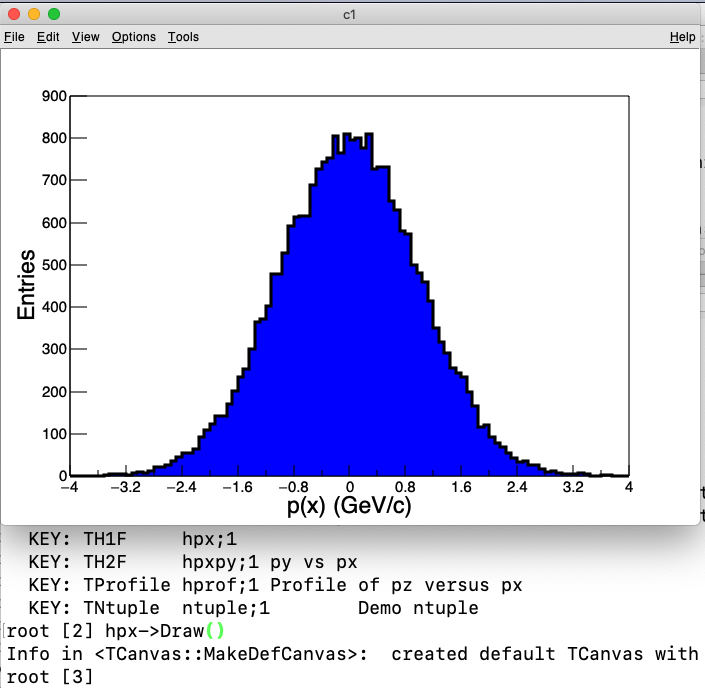Firsts in 2020 (or, A little dose of good news)--Herb Sutter
A year full of accomplishments.
Firsts in 2020 (or, A little dose of good news)
by Herb Sutter
From the article:
2020 has been mostly terrible. That includes for the C++ committee and many of our communities, where just this month we lost Beman Dawes. Beman was one of the most important and influential C++ experts in the world, and made his many contributions mostly behind the scenes. I and everyone else who has ever benefited from any of the standardized STL, Boost, C++Now, std::filesystem, C++98/11/14/17, and more — so, really, most people who have ever used C++ — all owe Beman a debt of gratitude. We miss him greatly.
To end the year with a little dose of good news, I thought I’d mention a just few positive C++ accomplishments that did happen for 2020, and were happier “first-ever” achievements.
First, the big one…

 Helping research.
Helping research.